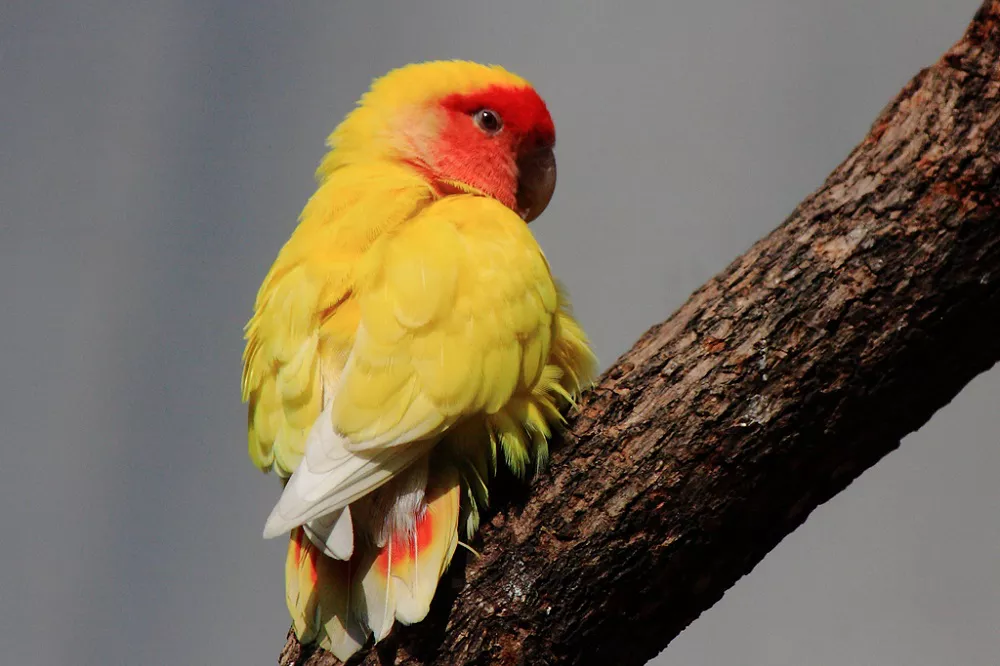Peach-faced lovebirds, also known as rosy-faced lovebirds, are small and colorful parrots that are native to southwestern Africa. These birds have become popular pets in many parts of the world due to their affectionate and playful nature, as well as their striking beauty. However, before deciding to bring a peach-faced lovebird into your home, it is important to understand the responsibilities and challenges that come with owning one.
One of the main reasons why peach-faced lovebirds make good pets is their social nature. These birds are highly social and form strong bonds with their owners, often following them around the house and seeking their attention. They are also very playful and love to engage in activities such as swinging on perches, playing with toys, and even playing games with their owners. This makes them excellent companions for people who have the time and energy to devote to their care and entertainment.
In addition to their sociable and playful personalities, peach-faced lovebirds are also relatively easy to care for. They are smaller than many other parrot species, which means they require less space and are generally easier to handle. They also have a fairly simple diet that consists of a mix of seeds, fruits, and vegetables. However, it is important to provide them with fresh food and water daily, as well as regular opportunities for exercise and play.
Despite their many positive traits, owning a peach-faced lovebird is not without its challenges. One of the biggest challenges is their vocalization. Like many parrots, lovebirds are known for their loud and persistent vocalizations, which can be disturbing to some people, especially if they live in close proximity to their neighbors. This can be managed through training, but it requires a significant investment of time and effort.
Another challenge is their tendency to chew on objects, including furniture and other household items. This is a natural behavior for parrots, but it can be destructive if not properly managed. Providing them with plenty of toys and chewable items, such as wood blocks and cardboard, can help redirect their chewing behavior.
Lastly, owning a peach-faced lovebird requires a long-term commitment. These birds can live for up to 20 years in captivity, so it is important to be prepared for a long-term commitment to their care and well-being. This includes providing them with proper nutrition, regular veterinary care, and plenty of mental and physical stimulation.
In conclusion, peach-faced lovebirds can make excellent pets for those who are willing to devote the time and effort to their care. They are social, playful, and relatively easy to care for, but they also require a long-term commitment and can present some challenges, such as vocalization and chewing behavior. If you are considering a peach-faced lovebird as a pet, be sure to do your research and consult with a veterinarian or other experienced bird owner to ensure that you are fully prepared for the responsibility that comes with owning one.
Recommended reading: What foods can lovebirds not eat


 Facebook
Facebook  Instagram
Instagram  Youtube
Youtube 